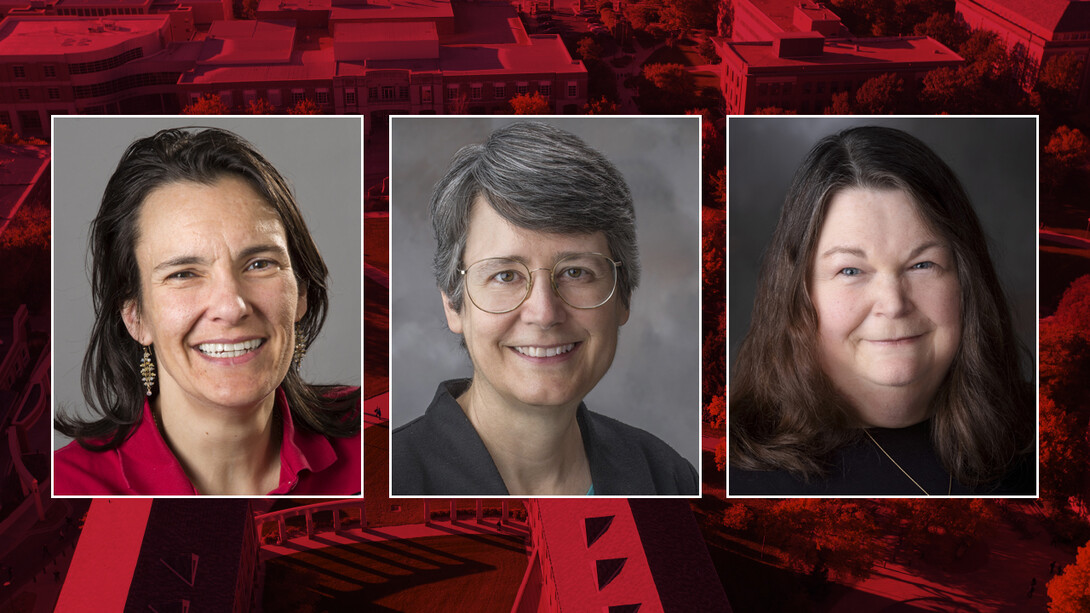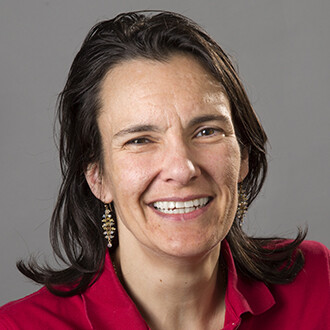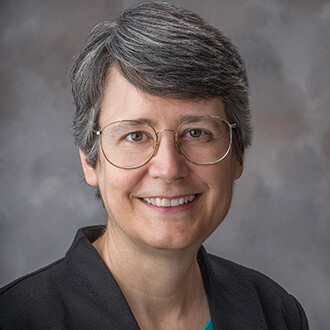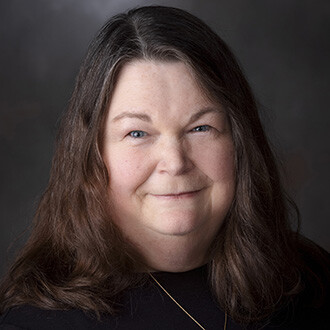
The University of Nebraska–Lincoln has announced three finalists for its next associate vice chancellor and dean of graduate education. The dean is responsible for the administration of academic support for more than 4,000 graduate students in approximately 170 graduate degree and certificate programs.
The candidates will participate in multiple-day, online interviews and virtual public presentations between June 21-29.
The finalists, listed by public presentation date, are:
June 22 — Jennifer Clarke, professor of food science and technology, and director of the Quantitative Life Sciences Initiative at Nebraska;
June 24 — Susan Hermiller, Willa Cather professor and graduate chair of mathematics; and
June 29 — Debra Hope, Aaron Douglas professor and inaugural Inclusive Excellence Chair of Psychology.
Additional candidate information, including Zoom webinar links for the public presentations, is available on the associate vice chancellor and dean of graduate education search website.
The associate vice chancellor and dean of graduate education is the chief academic and administrative officer for graduate education at the University of Nebraska–Lincoln and reports directly to the executive vice chancellor. The position will work to establish a strategic vision for graduate education that strengthens the quality of the university’s graduate and professional programs and supports the departments and faculty in the development of graduate offerings in ways that advance N2025 goals. The position oversees the Office of Graduate Studies, which provides central support for graduate student recruitment, admissions, enrollment, assistantships and fellowships, retention and degree completion, and professional development for graduate students and postdoctoral fellows.
Jennifer Clarke
Interviews June 21-22
Jennifer Clarke is a professor of food science and technology, and statistics. She is also director of the university’s Quantitative Life Sciences Initiative.

Clarke serves on Nebraska’s Graduate Council as the representative for agricultural and biological sciences, and represents the council on the university’s Academic Planning Committee. She also is director of the doctoral program in complex biosystems.
Her research has been supported by several federal agencies including the National Science Foundation, National Institutes of Health, U.S. Department of Agriculture, and National Institutes of Justice. She holds a leadership position in the North American Plant Phenotyping Network and chairs the network’s committee on equity, inclusivity and diversity.
She conducted postdoctoral research at the National Institute of Statistical Sciences and Duke University before joining the Duke faculty. Prior to coming to Nebraska in 2013, she was a faculty member at the University of Miami. She has mentored graduate students in multiple scientific disciplines at three academic institutions.
Clarke received undergraduate degrees in mathematics and psychology from Skidmore College; a Master of Science in statistics from Carnegie Mellon University; and a doctorate in statistics from Pennsylvania State University.
Susan Hermiller
Interviews June 23-24
Susan Hermiller is Willa Cather professor and graduate chair of mathematics.

She is a fellow of the American Mathematical Society, earning the selection for contributions to combinatorial and geometric group theory and services to the math profession, including support of underrepresented groups.
Prior to joining the Nebraska faculty in 1998, Hermiller held positions at the Mathematical Sciences Research Institute, the University of Melbourne and New Mexico State University.
She has served as Nebraska’s graduate chair for mathematics since 2011. During that time, graduation success rates increased significantly in the mathematics doctoral program and the percentage of doctorates awarded to women is nearly twice the national average. She also expanded professional development and career opportunities for graduate students, particularly for nonacademic careers.
Hermiller’s research focuses on using geometry and theoretical computer science tools to solve problems in mathematics and computer science. She has earned grants from the National Science Foundation, National Security Agency, Simons Foundation, U.S. Department of Education, and Alfred P. Sloan Foundation.
Her work to increase participation of underrepresented groups in STEM fields includes service on the Joint Committee on Women in the Mathematical Sciences of seven professional societies. She co-organized the initial Nebraska Conferences for Undergraduate Women in Mathematics, and is co-author of Nebraska’s NSF-ADVANCE guidance on expanding diversity in STEM.
At Nebraska, Hermiller received the College of Arts and Sciences Distinguished Teaching Award. She also has done extensive thesis research mentoring with undergraduate and doctoral students.
She earned a Bachelor of Science in mathematics and physics at Ohio State University, and Master of Science and doctoral degrees in mathematics at Cornell University.
Debra Hope
Interviews June 28-29
Debra A. Hope is an Aaron Douglas professor and inaugural Inclusive Excellence Chair in the Department of Psychology.

She joined the Nebraska faculty in 1990 after receiving a doctorate in clinical psychology from the University at Albany-State University of New York. To date, Hope has chaired 33 doctoral dissertations, one-third for students from traditionally underrepresented groups and numerous first-generation college students. In spring 2021, Hope finished a 13-year term as graduate chair in psychology.
Hope is a nationally known expert in the assessment and treatment of anxiety disorders, particularly social anxiety, with more than 130 peer-reviewed publications and chapters. In addition to basic science on the nature of social anxiety, she focuses on dissemination of evidence-based interventions. More recently, she co-founded Trans Collaborations, a multi-disciplinary, multi-site community-based collaboration with a mission to reduce health disparities for individuals who identify as transgender or gender diverse. She has been primary lead for funded research on improving behavioral health care for transgender/gender diverse adults.
Since 2017 Hope has co-chaired the College of Arts and Sciences’ Inclusion, Diversity, Equity, and Access Committee. She chaired the Chancellor’s Commission on the Status of Women and was series editor for the Nebraska Symposium on Motivation. She is past-president of the Association of Behavioral and Cognitive Therapies. She has served on multiple university committees, including the chief diversity officer search, Academic Rights and Responsibilities Committee, University-Wide Benefits Committee, and BRIDGE Committee for Inclusive Excellence Best Practices in Hiring.
Hope has received numerous awards for her graduate teaching and work on inclusive excellence. Key awards include the Dean’s Award for Excellence in Graduate Education (2016), Chancellor’s Martin Luther King, Jr. Fulfilling the Dream Award (2016), McNair Faculty Appreciation Award (2015), and Chancellor’s Award for Outstanding Contributions to the Gay, Lesbian, Bisexual and Transgender Community (2007). Hope uses she/her/hers pronouns.







